|
Recently, you might have heard the news that the South Carolina General Assembly is taking up some new legislation regarding modernization of beer laws. The first being the much discussed nonprofit donation bill - which has been discussed in many newspapers and also broken down previously by BBL here. Certainly, that bill should have no issue getting through to passage, but, you should still call your Senator and Representative about it. The bill number is S. 114 and has the support of numerous nonprofits, SCANPO, the SC Brewers Guild, and the SC Beer Wholesalers Association. You can read it here. In a nutshell, it will allow producers (brewery, winery, and distillery) to make donations to nonprofit organizations who have special event permits. We can get into the details of it later in a future post once it passes. The bottom line: it’s a good thing and will restore order to a roller coaster of a last year in how special events were handled in South Carolina. The second bill that hasn’t gotten as much attention is what is being labeled as the “Brewpub Bill” or the “Hunter Gatherer Bill.” That’s what we’ll get into today. The bill number is S. 275 and can be read here. BACKGROUND A long time ago in a galaxy far away, I wrote a few introductory pieces on certain aspects of South Carolina beer laws. They mostly dealt with brewery and brewpub laws. For purposes of this discussion, let’s get a refresher on the brewpub laws of South Carolina, which can be found here (keeping in mind that some of the information might be dated). No time to read? No worries. Here is the Cliffs Notes version. South Carolina brewpubs can do the following things:
South Carolina brewpubs can’t do the following things:
Time and time again, the biggest complaint I hear from brewpub clients is about the inability to sell their beer beyond their four walls - mainly to a wholesaler to distribute for you to buy from retailers or to serve beer at a festival to promote themselves. These have consistently been the biggest complaints since the explosion of craft beer began. The current crop of South Carolina brewpub laws came to be in the mid-1990s. At that time, craft beer wasn't really a thing. Palmetto Brewery had just become the state’s first post-Prohibition brewery in 1993. Soon after in 1995 and 1996, Hunter Gatherer in Columbia and Southend Brewery in Charleston followed by opening their doors as brewpubs. The laws that allowed those operations to open are still the laws that brewpubs are governed by today. And for the most part, it was a pretty good deal for brewpubs. Even to date, we count about 15 brewpubs open statewide - with probably about 8 of those opening in the last 3-4 years despite all of the changes in brewery laws. WHY HAVE A BREWPUB? But why would you open a brewpub when all of the brewery laws are getting so much better? Ah, that is the question. Without the right of distribution like a brewery would have, there really are only a few reasons to open a brewpub: 1. Liquor sales. Breweries can’t sell liquor, even with the new allowance for food sales under the Stone Law like a restaurant would be able to do. Liquor is big business. And of the projected $9.4 billion of sales that South Carolina restaurants will do this year, a nice chunk of that belongs to the sales of spirits. Many brewpubs have not wanted to be breweries because this is a good slice of their business. 2. No sales limits. Brewpubs also don’t have to deal with the arbitrary sales limits that are set on breweries. The 2010 Tour and Taste Law is still on the books in some respects, and limits the state’s breweries to selling up to 288 ounces of beer per person per day to go - effectively, a case limit. Interestingly, just a week ago, Georgia adopted a similar measure. Alabama had adopted it in 2016. And for the first time, this year, Mississippi altered its beer laws to allow 576 ounces of beer per person per day - two cases worth. So, it might be time to revisit the case limit law as other Southern states are catching up and when other states such as North Carolina and Virginia have no such cap. But all that be as it may, brewpubs don’t have these problems. They can sell any amount to go. They can sell any amount to you for on-site consumption so long as it is done so responsibly. Breweries still have a distinction made between Pint Law breweries - those without food operations that are able to sell 48 ounces of beer per day per person for on-site consumption - and Stone Law breweries - those with food operations that have no limit for on-site consumption so long as it is sold responsibly. So, to an extent, a brewpub doesn’t have to worry about limits on sales. If it can get people to the space to buy enough beer, then there’s no need to worry about outside sales. 3. Retail. The Department of Revenue considers brewpubs to be retailers in the three tier system due to its retail sales of beer, wine, and spirits - much of which (other than their own) is bought from a wholesaler. Although, in essence, a brewpub is a hybrid creation of a manufacturer and a retailer as like a brewery, beer would be produced on-site. Many states consider brewpubs to be exceptions to the three-tier system as that hybrid. But, recently, DOR has indicated it does not agree with those assessments. So, for owners of brewpubs, they have an opportunity to own other retailers like bottle shops or restaurants. Owners of wholesalers or breweries would not be able to do so as they are squarely within their own tiers. Does any of this make sense yet? It is a bit convoluted. But it will all make sense in a minute. THE HUNTER GATHERER CASE So, this hasn’t been reported or really covered anywhere, but is public record so you can go read it all for yourself. As you know, Columbia’s Hunter Gatherer is a legendary brewpub that has been open since the beginning of the state’s brewpub laws in the mid-1990s. You might have heard in the media that the brewpub was working to open a production brewery in an old airplane hanger. What you didn't hear is that it hasn’t been the easiest road to get there. Without diving too much into the details of the case, here are the basics: HG wanted to open a production brewery. Under the Stone Law which was passed in 2014, South Carolina breweries can have no limit to on-site sales if they have a food operation that is approved by DHEC. They can also buy other beer and wine from a wholesaler to sell to patrons. This all requires a separate license from the instate brewery license. Since that was already a big part of its business, HG decided to build a larger brewery to expand. It still intended to keep its brewpub downtown. It applied to DOR for those permits that it would need to operate. DOR denied those permits and claimed that in opening a new brewery, HG would be violating the state’s three tier laws which prohibited a retailer/brewpub from also operating in another tier - in this case, the manufacturing tier. This was the first time that DOR really went on the record to say that brewpubs were considered retailers. And like we discussed, if a brewpub is indeed a retailer, then it couldn’t own anything in another tier. HG appealed the decision to the administrative court, claiming that it wasn’t a retailer, but was instead that hybrid retail/manufacturing model that was outside of the three tier laws of South Carolina and therefore, an exception. Well, the administrative judge agreed and reversed the decision of DOR. Not wanting that precedent to stand, DOR appealed the decision to the South Carolina Court of Appeals, which is where the case is today. The case has been completely briefed by the parties and ready for the court’s consideration. How will the court decide the case? It’s hard to say. But, overturning an administrative decision isn't the easiest thing to do. In fact, an administrative judge’s decision in South Carolina isn’t to be overturned unless the decision is not supported by substantial evidence or controlled by some error of law. In other words, HG’s chances are probably pretty good. However, DOR could always appeal that decision to the South Carolina Supreme Court, which would then hold up progress for another year or so. But while all this was going on, a new piece of legislation was being discussed in a joint effort between wholesalers and brewers - that being the brewpub bill, which could fix the issues that HG (and potentially others) would be facing. Let’s get into it. WHAT THE BILL DOES The long and short of the bill is that it does give brewpubs the rights of a brewery (including distribution, festival attendance, etc). - by turning them into a brewery. No, seriously. If the bill is passed, a brewpub would be able to apply to DOR immediately for a brewery permit. But, why would they want to do that when they can already do that now and when a brewpub already has the advantages that we discussed? Well, hang on. The bill also gives existing breweries that have the additional licenses allowed by the Stone Law (DHEC, on-premise) to now apply for liquor licenses with their restaurant operations. See where this is going? So, a brewpub could really still function as they always did since they would be able to keep their liquor permits. Only now, they would be able to sell beer to a wholesaler for distribution or attend a festival. But, of course, they would also then be subject to all of the other brewery laws such as the case limit to go, etc. It could be a hard decision for a brewpub owner, but for the first time, it would at least give them the realistic option. The bill also codifies DOR’s interpretation that brewpubs are retailers. Some additional requirements would be that for the first time (if they decided to go for the liquor permit), breweries would have to keep their accounting books separate between the brewery and the restaurant operation with the beer, wine, liquor, and food sales. It would also require that the brewery put up a physical partition between the brewing operations and the restaurant side of things. Now, most breweries have some sort of separation whether its a chain, some barrels, a wall, or a fence. But this would actually mandate a divider so that the general public could not freely enter the brewing operation. The federal government actually also imposes this requirement, so it isn’t something new. WHAT THE BILL DOESN’T DO So, this seems like a pretty good deal, right? Brewpubs get to finally have distribution of their beers while still keeping the things that made them profitable to begin with. Although, they are losing one thing in that at least for the moment, they won’t be able to sell unlimited quantities of their beers to go - not that anyone was necessarily doing so. They will be limited by the brewery limit of 288 ounces per person per day to go. But, what else are we missing here? Well, like we said earlier - brewpubs are to now officially be declared as retailers. But, they aren’t necessarily going to be given all of the rights that come with being a retailer - at least in how the alcohol code reads. For example, if you wanted to purchase a keg for an event, you’d have to go to a retail store to arrange for that, right? However, as to brewpubs, the law only says that beer can be sold - (a) on draft; (b) to go in a “sanitary container” brought by the consumer and filled at the tap (so, arguably, a growler and not kegs); and (c) in bottles (and arguably cans or crowlers). The bill doesn’t fix that language to make the brewpub act like a true retailer. The bill also doesn’t change the prohibition on shipping beer like a retailer can sometimes do. So, it might not be a slam dunk for all brewpub owners when making these choices. Another issue for those brewpub owners - this bill doesn’t help all of them. Like we mentioned earlier, DOR wants to treat brewpubs as retailers. As such, the owners of brewpubs can also own other retailers. But, if they wanted to bring themselves under the new law (if passed), they would then all of a sudden be a manufacturer. And as we discussed, they can’t have it all. So, for those owners that also own other retailers, they’d either have to sell those off to become a brewery or just keep on keeping on. CONCLUSION So, that’s the brewpub bill. If passed, it would dramatically change the game for existing brewpubs. It could also have the effect of chilling brewpub applications when an entity wanting to open could just go the brewery route (especially if the 288 ounce cap is eventually lifted). For breweries that are already open or thinking of opening, it provides yet another revenue stream through liquor sales. And certainly, like with the Stone Law, breweries will have to choose whether to go that route or not. Selling liquor provides its own set of issues, including server training and higher insurance premiums, but there would be the benefit of additional revenue to grow the business, and for consumers, another option available for consumption. Will it pass? Count on it. In fact, it has already passed the Senate by a 37-1 vote. The bill is now before the House and will be assigned to their Judiciary Committee for examination and possible amendment before going to the floor for a vote. Could anything be changed during the process? Hard to say. Amendments are always possible and regularly done. But, certainly, any amendment to include the other brewpubs that have owners with other retail interests would really take some tinkering with the state’s three tier laws, so it is probably unlikely. Perhaps there could also be some work done on the existing brewpub laws for those that will remain brewpubs and hereafter, retailers - such as keg sales and maybe an increase in the annual 2,000 barrel production limit to something slightly higher, which was attempted several years ago. Those that remain brewpubs will also get a benefit from the nonprofit bill that was discussed above - for the first time, they’ll be able to attend festivals and charity events and have their beers be featured. As always, we'll watch and see what happens. BROOK BRISTOW Brook Bristow is a South Carolina-based lawyer at Bristow Beverage Law, who primarily counsels companies in the alcohol industry on business and employment laws, as well as on compliance, licensing, and intellectual property. You may reach him directly at [email protected] or [email protected]
5 Comments
3/28/2017 12:50:12 am
So in section 3A it states that the brewery can't sell or give samples of more than 48 ounces in a 24 hour period of time. Does this issue still stand if the brewery were to provide it's own kitchen and staff?
Reply
3/30/2017 03:36:59 pm
Not an issue. Think of it this way - an SC brewery license puts you automatically under the Pint Law (48 ounce limit). By adding the kitchen, it makes you eligible for the Stone Law (no ounce limit) permit to be added on.
Reply
Robert Needles
10/16/2017 08:57:13 pm
Thanks for all that you do Brook.
Reply
9/29/2018 11:14:24 am
Reply
Leave a Reply. |
AuthorBrook Bristow is a South Carolina-based lawyer at Bristow Beverage Law, who primarily counsels companies in the alcohol industry on business and employment laws, as well as on compliance, licensing, & intellectual property. You may reach him directly at: [email protected] Archives
April 2024
Categories |

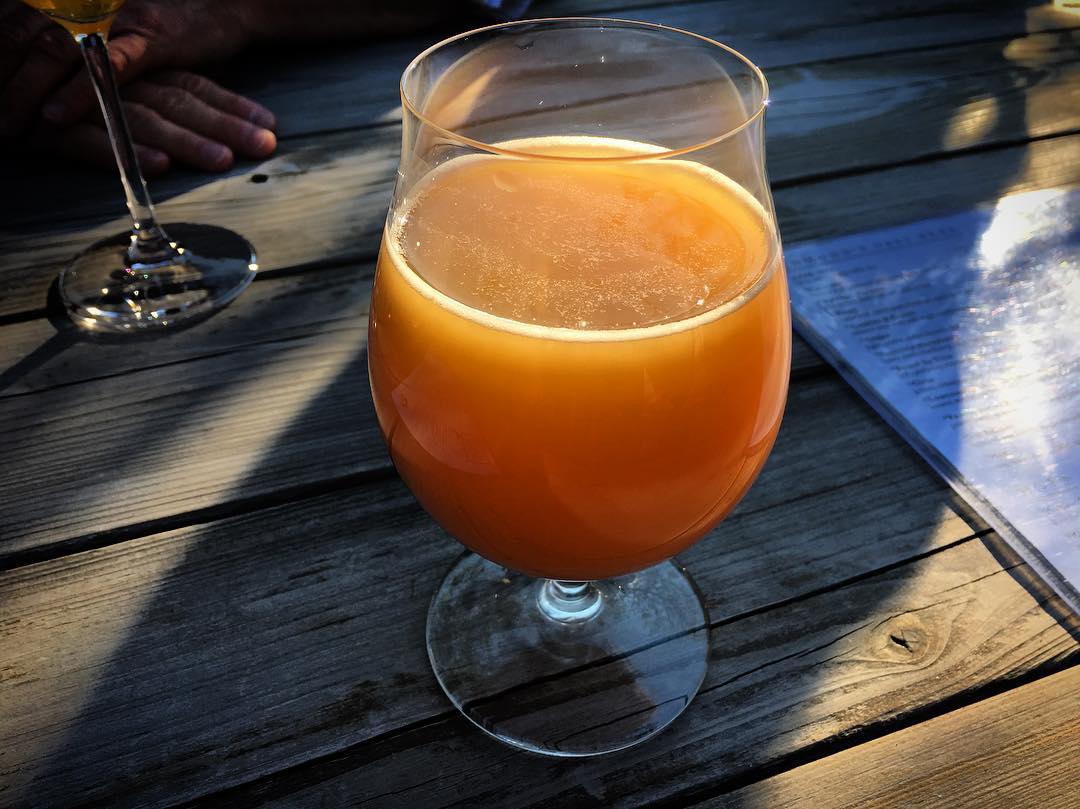
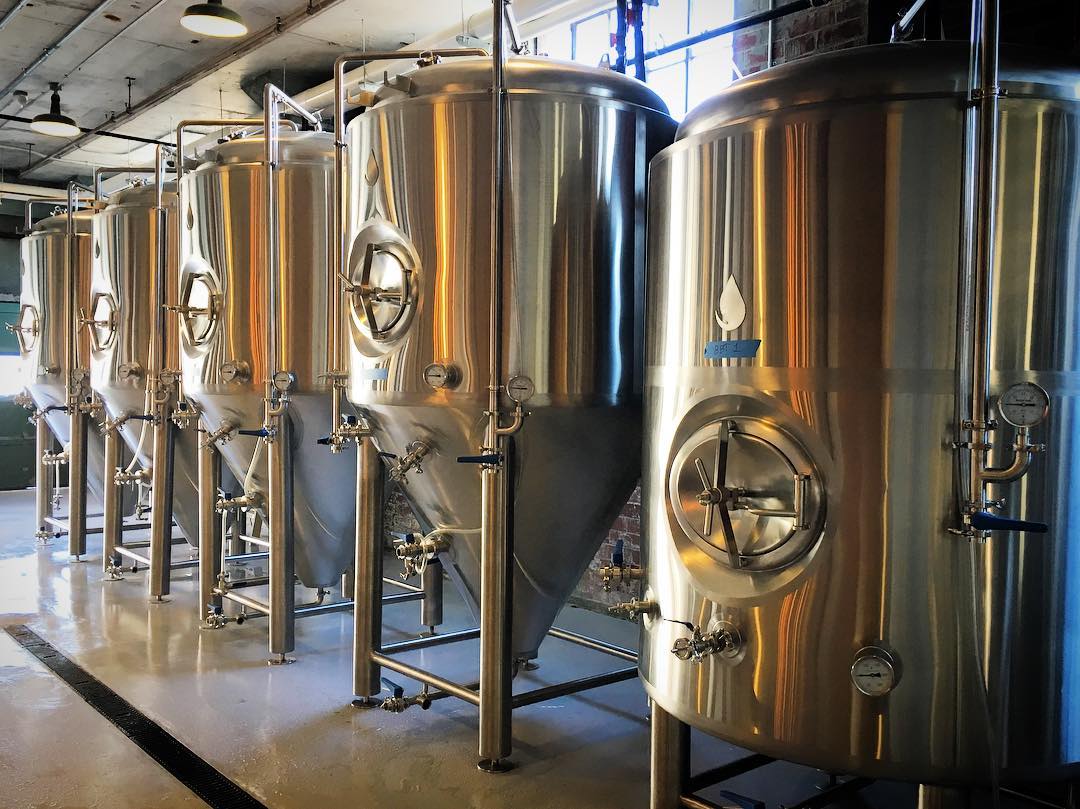
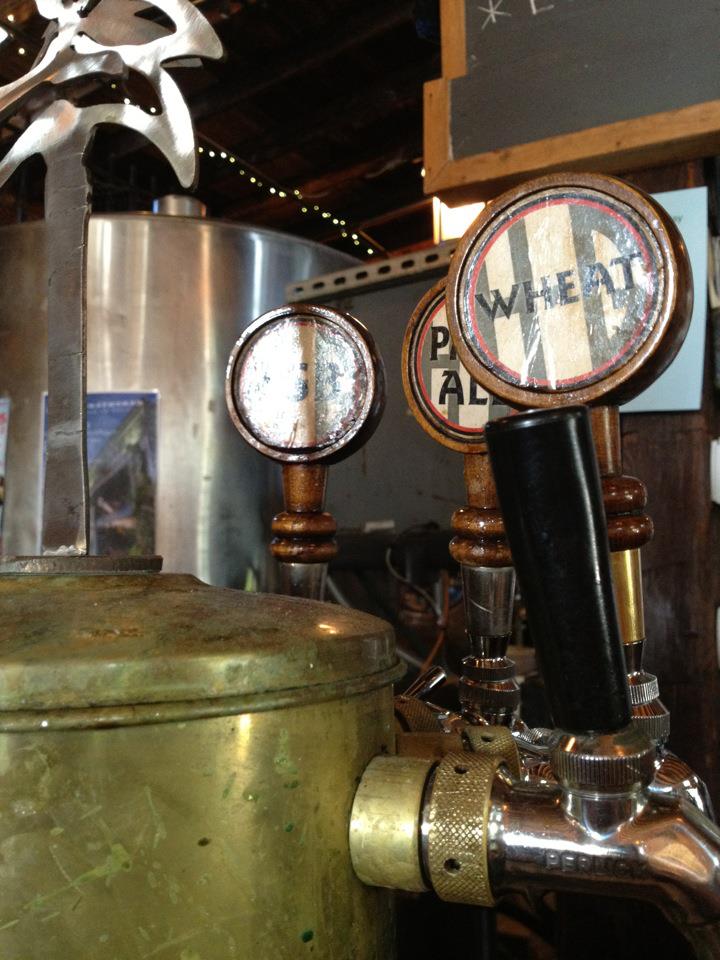
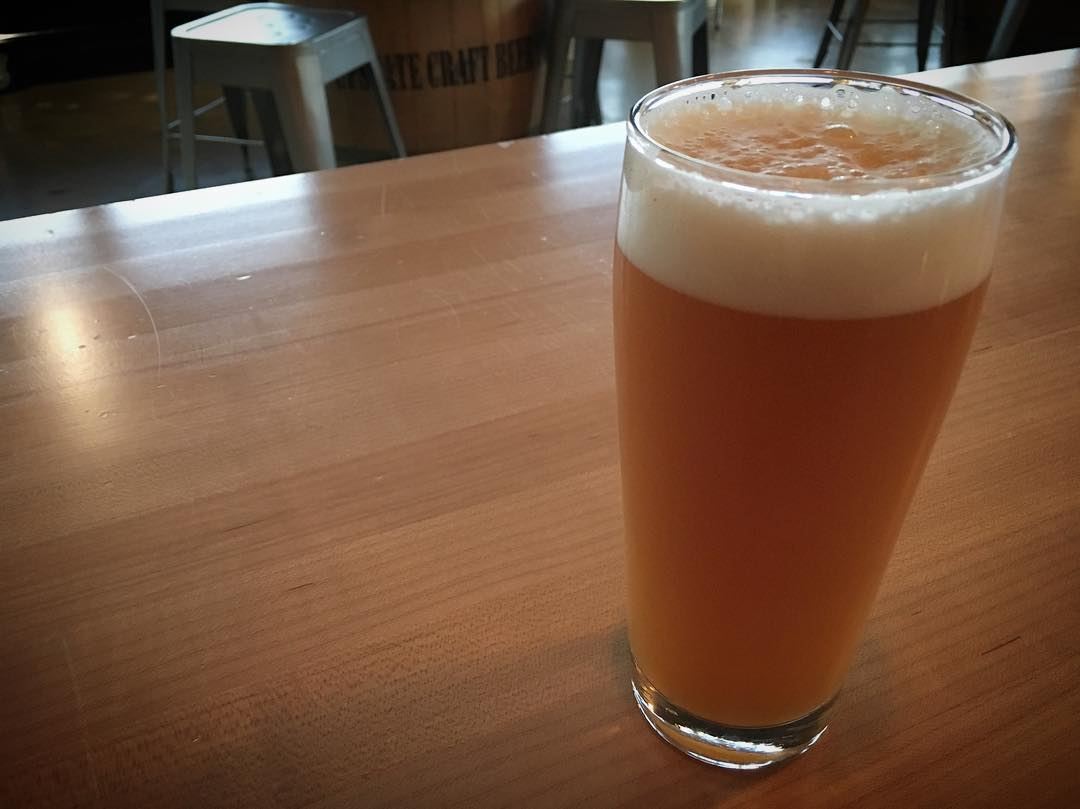
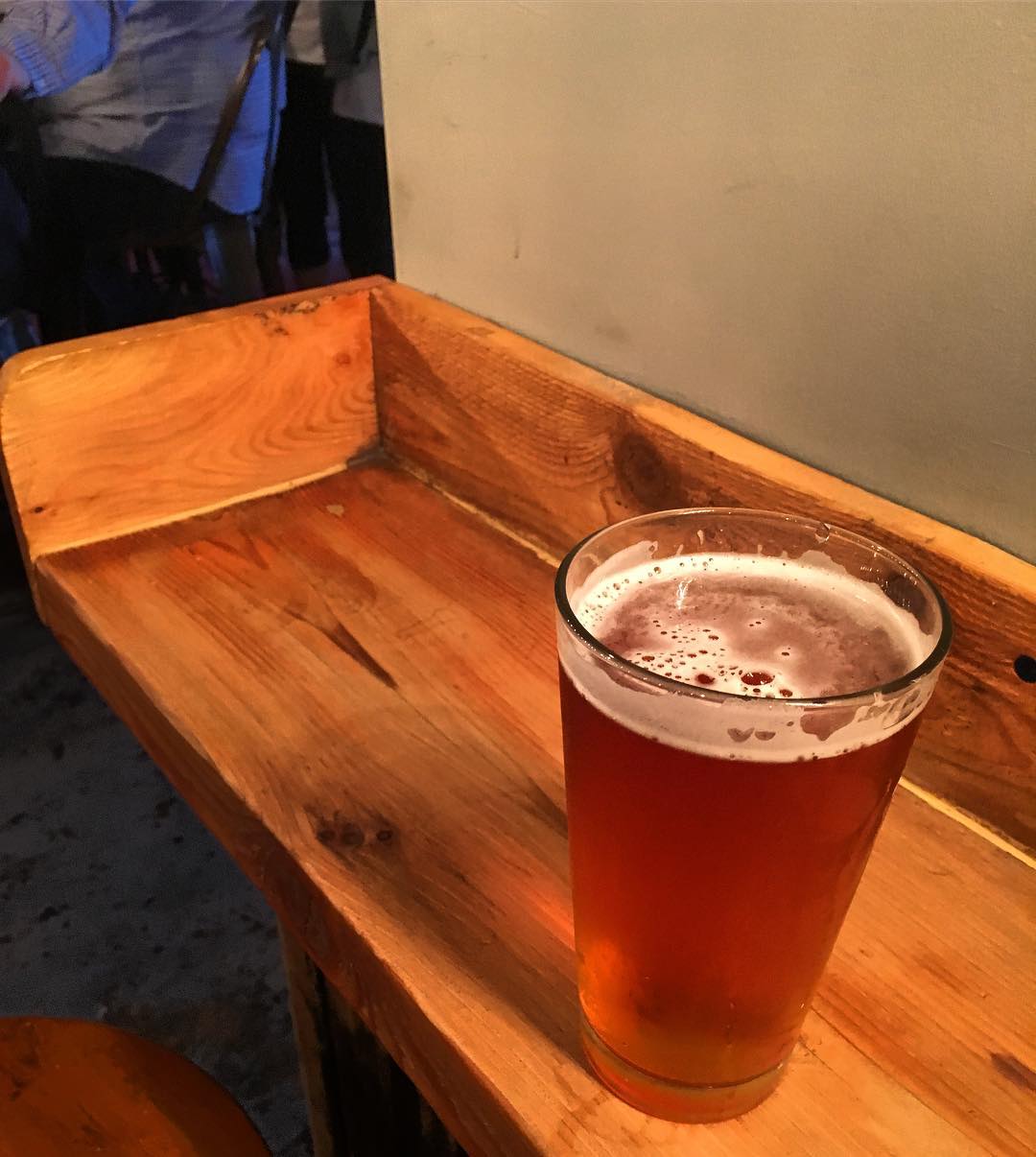
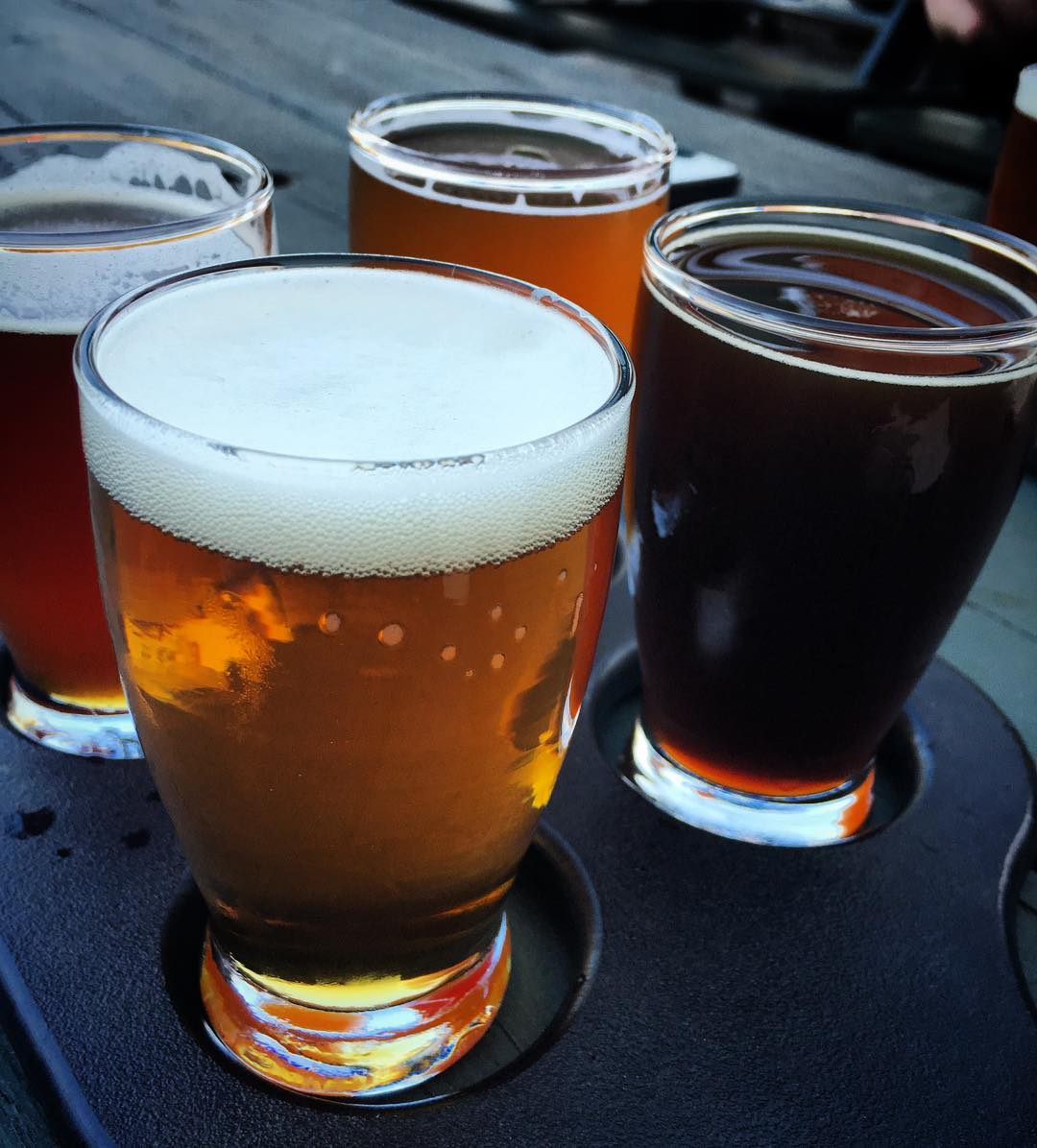

 RSS Feed
RSS Feed